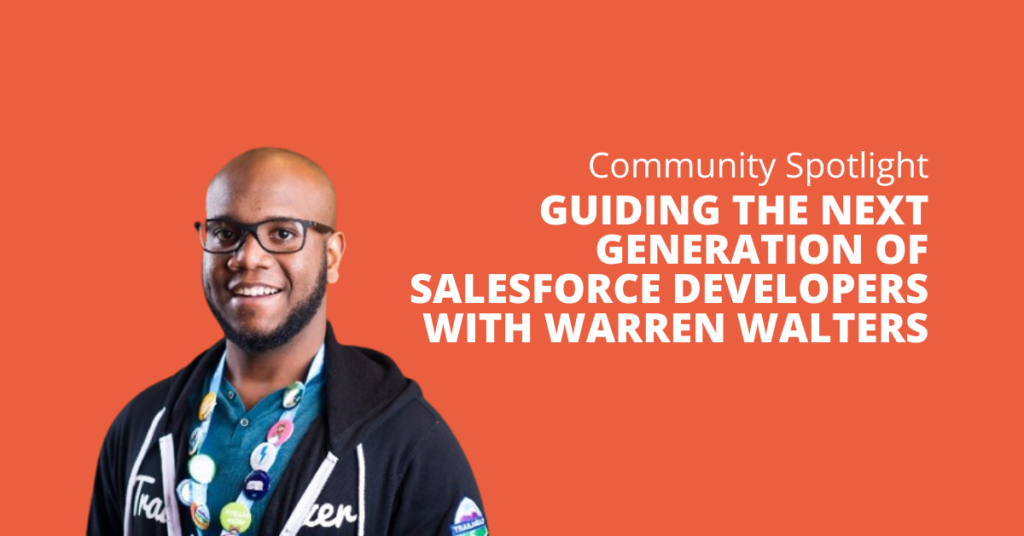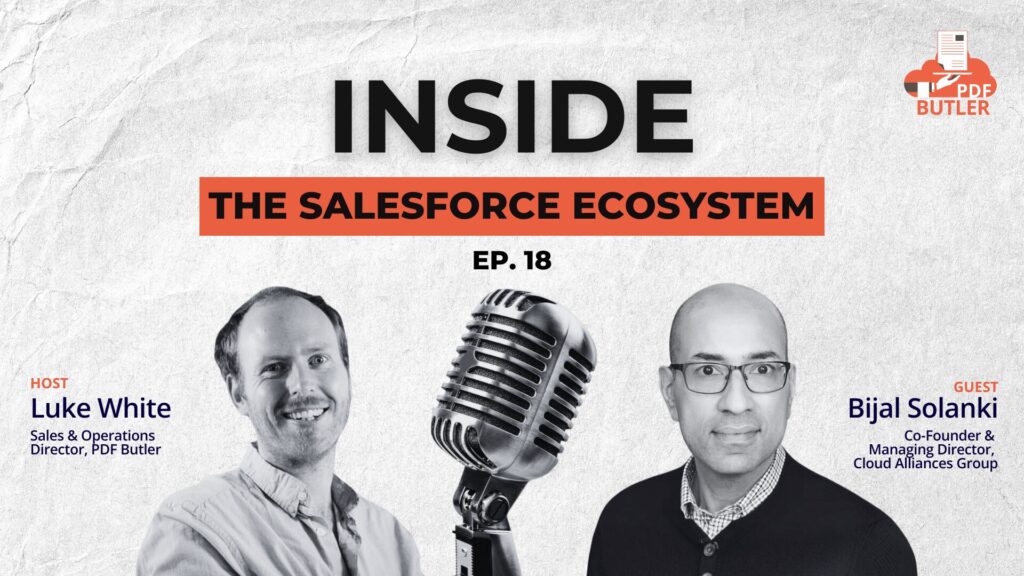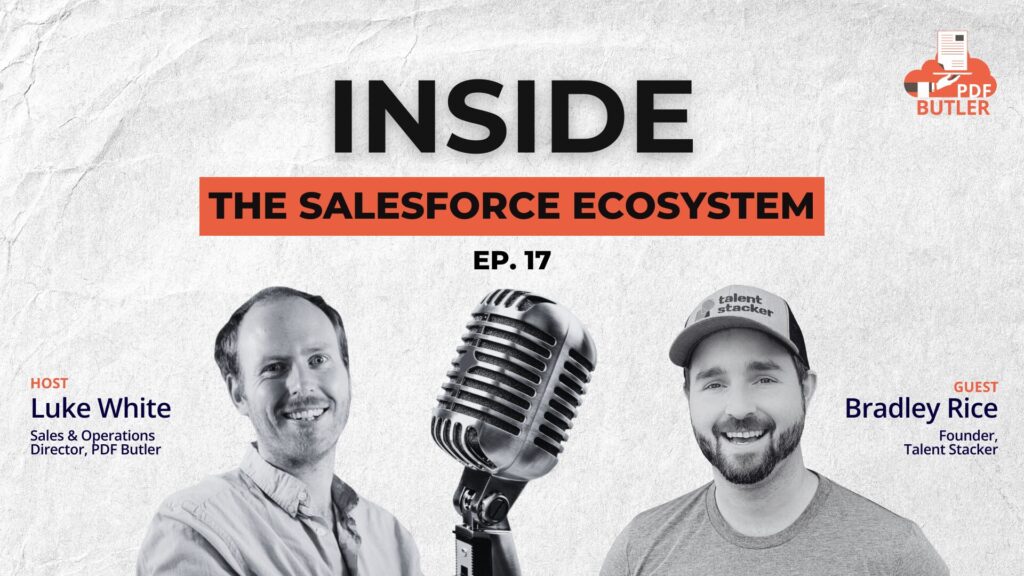This month, we’re excited to feature Warren Walters, a Salesforce engineer, mentor, and content creator whose work is inspiring the next generation of Salesforce professionals.
If you’ve ever searched for Salesforce development tutorials on YouTube, chances are you’ve already seen Warren. With more than a decade of experience across ISVs, consulting firms, and in-house teams, he now dedicates much of his time to mentorship, training, and developer advocacy.
From a “random internship” to a thriving Salesforce career
Warren’s journey into the ecosystem started, as he puts it, with a random internship over 10 years ago.
“It was listed as a data entry role, but under the hood the company was using Salesforce. I had no idea what Salesforce was at the time, but I quickly started to learn. This was before Lightning Web Components, before Flow was mainstream, and when Trailhead was just starting out. We were still working on Visualforce.”
That early exposure opened doors. After 18 months, Warren landed his first official Salesforce role, and he hasn’t looked back since.
“It’s easy to say now in hindsight that it was the right decision, but back then it was harder to see a clear career path. There weren’t as many resources or defined roles. You had to make your own way. That brought challenges like imposter syndrome, but over time the experience gave me confidence.”
Building Cloud Code Academy and mentoring the next generation
Today, Warren focuses on education and mentorship through his program Cloud Code Academy, where he trains aspiring Salesforce professionals in development skills that can jumpstart or elevate their careers.
“A lot of the people I bring into the program land their first tech or developer jobs or get promoted at their current workplace because they can communicate better with developers. That’s the best part for me: seeing people grow.”
Alongside Cloud Code Academy, Warren continues to share content through his YouTube channel, where he covers technical Salesforce topics. Over time, his videos grew into structured learning paths.
“We built out programs like Developer Kickstart, which walks through Apex fundamentals, triggers, integrations, and best practices. Another course helps people translate Flow skills into code. A lot of the content is community-driven—their requests shape what I build.”
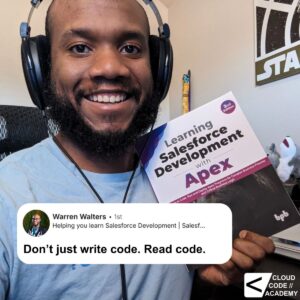
The skills that matter most in Salesforce roles
When asked about the essential skills for Salesforce professionals, Warren highlighted both soft and technical skills:
- Listening and problem-solving: “Being able to break down complex problems and translate between technical and non-technical people is key.”
- Knowing your tools: “On the admin side, it’s about figuring out which Salesforce tools to use in different situations.”
- Strong fundamentals: “On the dev side, it’s not just about writing code; it’s about writing readable, maintainable, and scalable code. Fundamentals apply across platforms and languages.”
Staying on top of Salesforce trends
Like many in the community, Warren admits LinkedIn is where he spends much of his time to stay updated.
“I’m chronically on LinkedIn—it’s part of my job. But beyond that, I’m active in channels like Salesforce Ohana Slack, Salesforce Exchange Discord, and my own Slack groups. Seeing the conversations there helps me spot new trends and challenges people are facing.”
Of course, Trailhead and Salesforce blogs like Salesforce Ben are also part of the mix.
Warren’s advice for new and advancing Salesforce professionals
Warren had practical tips for those looking to break into or grow within the ecosystem:
- Start adjacent if needed: “Don’t be afraid to take a Salesforce-adjacent role—support, operations, or anything that touches Salesforce. It can be a stepping stone.”
- Certifications matter: “Today’s market is competitive. At minimum, you’ll need Admin or PD1 to get noticed.”
- Explore integrations: “Integration skills are in high demand. Learning integrations and even pursuing the Integration Architect cert can set you apart.”
- Stay open-minded about job titles: “New roles are popping up all the time like GTM engineer or Sales Systems Support. Keep an eye out for opportunities with different names.”
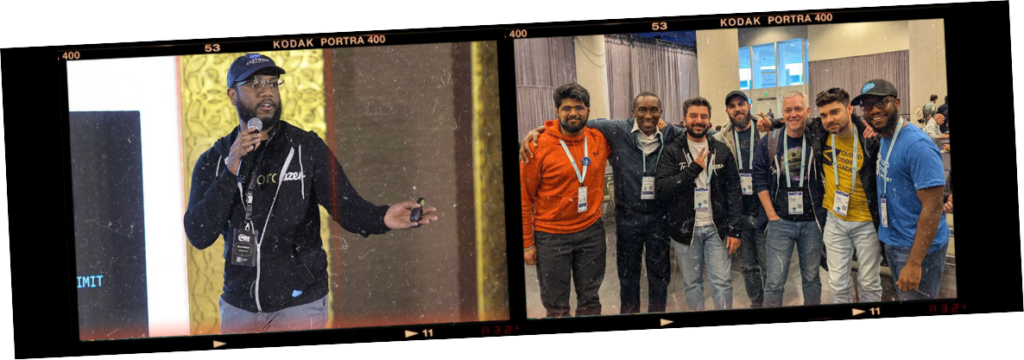
Giving back through mentorship and content
For Warren, the heart of his work is about community.
“Whether it’s through Cloud Code Academy, YouTube, or consulting, I want to meet people where they are and help them grow. Salesforce has been amazing for my career, and it’s important to pay that forward.”
You can find Warren on YouTube (Walters954) or connect with him on LinkedIn to follow his work, mentorship programs, and insights into the Salesforce ecosystem.
Final note
Warren’s journey is a great reminder that careers in Salesforce rarely follow a straight line. Whether you’re just starting or looking to advance, focusing on fundamentals, seeking out community, and staying curious can open doors you didn’t even know existed.
